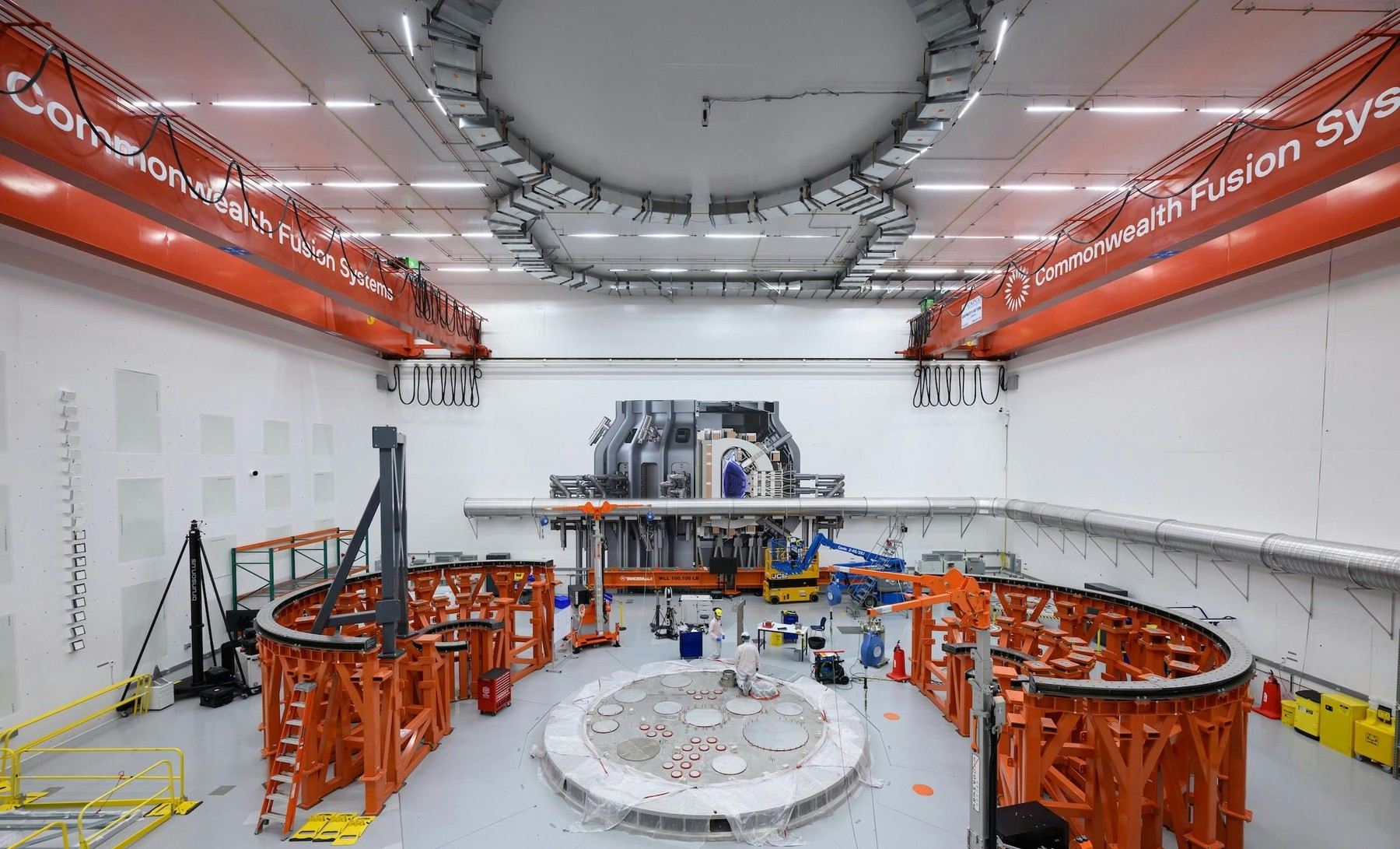Author: Antonio Vizcaya
The world stands at a critical juncture in the fight against climate change. In 2023, global greenhouse gas emissions surged to an unprecedented 57.1 gigatons of CO₂ equivalent, marking a 1.3% increase from the previous year. Despite international commitments and climate agreements, we remain far from achieving the targets necessary to limit global warming to 1.5°C above pre-industrial levels. The repercussions of inaction are severe, with the potential for catastrophic temperature rises that could irreversibly damage ecosystems and economies alike.
In this pressing context, businesses play a pivotal role. As significant contributors to global emissions through their operations and supply chains, companies are uniquely positioned to drive meaningful change. The corporate sector’s engagement is not just beneficial—it’s essential. Central to this engagement is the concept of decarbonization.
Understanding Decarbonization
Decarbonization involves the reduction of carbon emissions across all areas of a company’s activities. It is a multifaceted and complex process that demands ambitious actions, often requiring a fundamental transformation of traditional business models. This transformation may encompass adopting renewable energy sources, redesigning products for sustainability, enhancing energy efficiency, and fostering close collaborations with suppliers and customers to reduce emissions throughout the value chain.

While the urgency for decarbonization is clear, businesses face several significant hurdles:
- High Initial Costs: Transitioning to sustainable technologies and practices often entails substantial upfront investments. These costs can be a major deterrent, particularly for industries with tight profit margins or heavy reliance on fossil fuels.
- Organizational Buy-In: Securing commitment across all levels of an organization is challenging. Decarbonization efforts require a cultural shift, with leadership championing sustainability and embedding it into the corporate ethos.
- Supply Chain Complexity: Many companies depend on intricate, global supply chains. Influencing and controlling emissions beyond their immediate operations involves coordinating with numerous suppliers, each with their own practices and challenges.
Despite these obstacles, within the complexity lies a compelling business case for embracing decarbonization.
Decarbonization is not merely an environmental obligation; it presents a strategic opportunity with tangible benefits that can enhance a company’s competitiveness and profitability. Here are eight key advantages:
- Energy Savings and Operational Efficiency: Implementing energy-efficient technologies and optimizing processes can significantly reduce energy consumption. Lower energy usage directly translates to cost savings, improving the bottom line while reducing environmental impact.
- Risk Mitigation and Regulatory Compliance: Proactively adapting to environmental regulations helps companies avoid fines, sanctions, and reputational damage. Staying ahead of regulatory changes ensures smoother operations and safeguards against potential financial penalties associated with non-compliance.
- Financial Resilience and Long-Term Returns: Although sustainable transitions require initial investments, they often lead to substantial long-term financial gains. These include reduced operational costs over time and avoidance of future expenses related to carbon taxes or stringent regulations.
- Access to Capital and Enhanced Investor Relations: Investors are increasingly prioritizing environmental, social, and governance (ESG) factors in their decisions. Companies demonstrating a strong commitment to sustainability may attract more investment opportunities and benefit from favorable financing conditions.
- Strengthened Brand Reputation and Customer Loyalty: Consumers are becoming more environmentally conscious, often favoring brands that align with their values. Companies that lead in sustainability can enhance their brand image, build stronger customer relationships, and potentially increase market share.
- Employee Engagement and Talent Attraction: A clear sustainability agenda can boost employee morale and productivity. Companies committed to environmental stewardship are more attractive to top talent who seek employers with values that match their own.
- Competitive Advantage in a Transitioning Economy: As the global economy shifts towards low-carbon solutions, early adopters of decarbonization are better positioned to adapt to market changes. This readiness can provide a competitive edge in innovation, compliance, and customer appeal.
- Innovation and New Market Opportunities: The pursuit of decarbonization encourages innovation, leading to the development of new products, services, and business models. Companies can tap into emerging markets and meet the growing demand for sustainable solutions, opening new revenue streams.
The Imperative to Act Now
The urgency of climate change means that delayed action is not an option. Postponing decarbonization efforts not only heightens environmental risks but also increases the likelihood of businesses facing stricter regulations, higher costs, and loss of market relevance. The transition to a low-carbon economy is accelerating, and companies that act now will be better equipped to navigate future challenges and seize emerging opportunities.
Decarbonization presents a complex challenge, but one that is surmountable and laden with opportunity. By integrating sustainable practices into their core strategies, businesses can mitigate risks, drive innovation, and enhance their competitive position. The benefits extend beyond compliance and risk management; they encompass financial gains, brand enhancement, and the cultivation of a resilient, forward-thinking corporate culture.
The path to a sustainable future demands decisive action. Businesses must recognize that decarbonization is not just a responsibility but a strategic imperative that can unlock significant value. The time to act is unequivocally now. Embracing decarbonization is the smart choice for businesses aiming to thrive in a rapidly changing world, ensuring long-term success while contributing positively to the planet.








